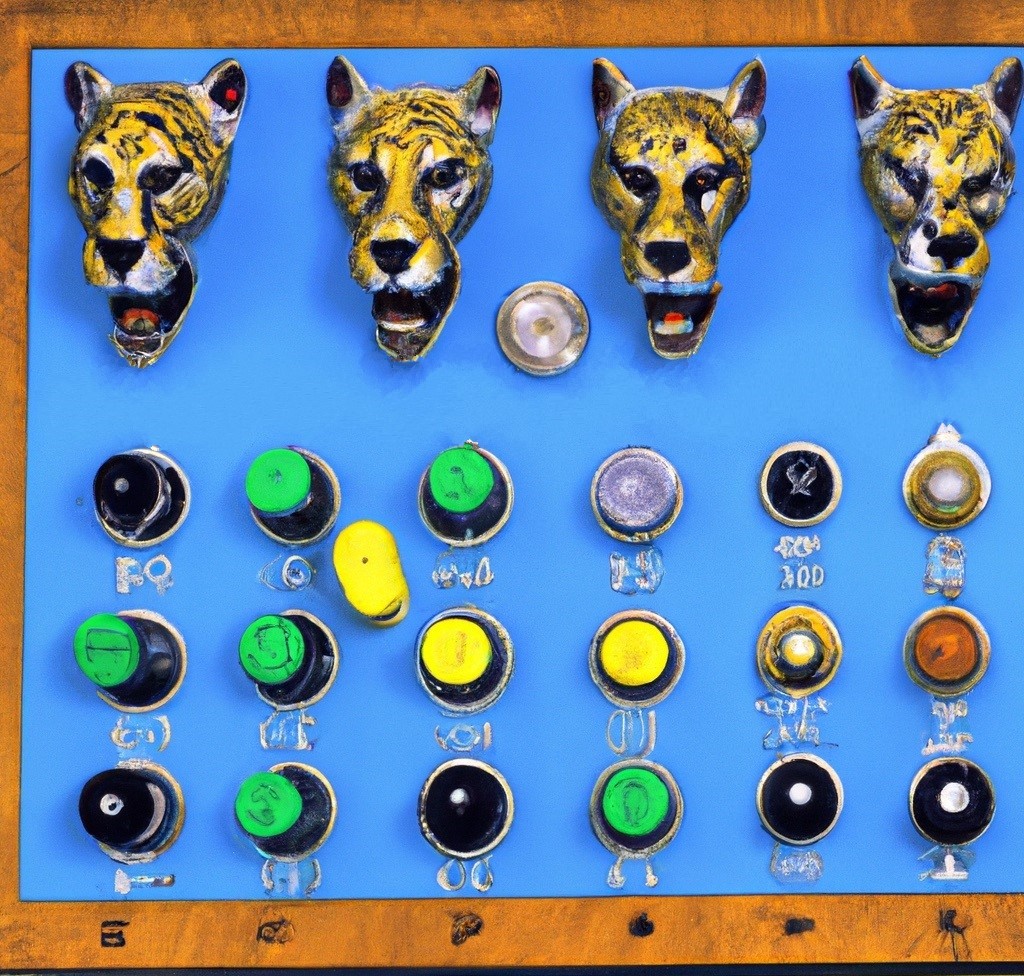Encountering the Border Laboratory: A BorderTech Digital Ethnography in/ with/ for the Mexican Borderlands
Encountering the Border Laboratory: A BorderTech Digital Ethnography in/ with/ for the Mexican BorderlandsSubmitter: Danielle Kabella, ASU School of the Future of Innovation in Society, dkabella@asu.edu
Abstract:
This exhibition consists of a digital, multi-sensory experience in/with/for the Mexican Borderlands based on The BorderTech Digital Database (BTDD, also base de datos digital de las tecnologías del borde, in Spanish). Our virtual “field”, which forms the basis for the exhibit, is a shared digital database composed of actors, technologies, institutions, images, literatures, sounds, and videos collected virtually during the COVID-19 pandemic to interrogate spaces of technological experimentation for and by migrants in the region. In-person ethnography was out of reach for us and many during a global pandemic, particularly central american migrants subject to exclusion and encampment because of Title 42 rule of expulsion which used public health law and COVID as an illegal maneuver to close the US-Mexico border to asylum seekers (Human Rights Watch 2021). Alongside the multisensory encounter, we invite participants to interact with the BTDD and Digital Field Journal as a structured supplement. The modes of encounter this exhibit generates offer ways of enlivening, encountering and making sense of the digital data. In the form of multiple, overlapping sensory streams, we replicate both the digital and patchwork realities of research with communities under COVID-19, allowing for new reflections and reflexivities on migrant borderlands technologies and knowledge production in the midst of lockdown. By bringing together the hyper-structured database and interpretive field journal with the multi-sensory border laboratory encounter, we invite participants to engage with borderlands technologies in ways open to appropriation, hacking, and reinterpretation and open up new modes to live/narrate alternative material and symbolic worlds.
Areas of STS Scholarship: Decolonial and Postcolonial STS, Feminist STS, Social Movements and STS
Authors/Participants:
Danielle Kabella, ASU School of the Future of Innovation in Society
María Torres Martínez, Arizona State Univerity
Octavio Mucino-Hernandez, SFIS - Arizona State University
Lindsay Adams Smith, Arizona State University

Published: 10/03/2023
